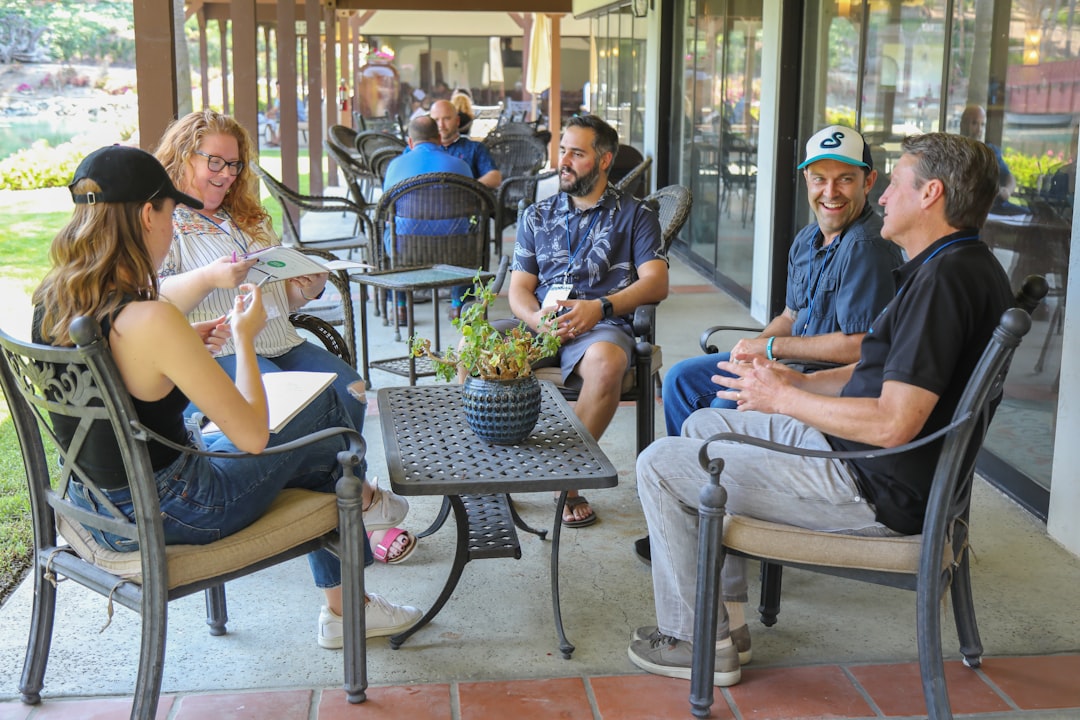Ministers & Missionaries
We Aspire to Live On Mission
Over the past several weeks, I've blogged about a series of statements the Overseers of LakeView Church put together four years ago. These "aspirational statements" describe the kind of people we believe God is calling our congregation to become. This blog post covers the final statement.

And Jesus came and said to them, “All authority in heaven and on earth has been given to me. Go therefore and make disciples of all nations, baptizing them in the name of the Father and of the Son and of the Holy Spirit, teaching them to observe all that I have commanded you. And behold, I am with you always, to the end of the age.” (Matthew 28:18-20, ESV)
These verses from Matthew 28, commonly called The Great Commission, are some of the most talked about, most blogged about, most written about, and most preached about verses in all of the Bible. This is especially true in the evangelical branch of the Christian family tree. We have been told by virtually every pastor, Bible study leader, small group facilitator, and Sunday school teacher we've had that we are supposed to make disciples. It's fundamental to our DNA as evangelical Christians.
But while this charge is one of our most often repeated mantras, it's also one of the least obeyed commands Jesus gave. Why?
That question is huge, and there are hundreds, perhaps thousands, of books purporting to give the answer. I've read dozens of such books, and they all claim to have the missing link, the silver bullet, the one solution that will solve the problem. In reality, the world is a complex place and there's simply not one fix that will turn things around.
Sort of...
If I were to try and draw a single thread that connects all the church-discipleship-program books and blogs I've read, conference talks I've heard, and conversations I've had, here's what'd I'd say:
We don't see ourselves as Spirit-filled disciple-makers.
If you see yourself as someone who is called by the Father, sent by Jesus, and empowered by the Spirit to make disciples, then it doesn't matter what book you read or the strategy you adopt. Small groups, Bible studies, classes, meals, hospitality, community service, sermons, devotionals, spiritual discipline programs, prayer groups, communal living... it makes little difference. If you believe you are a Spirit-filled disciple-maker, you will make disciples. Period.
But if you don't see yourself as a disciple-maker, it won't matter how many sermons you listen to, books you read, or Bible studies you attend. You won't make disciples, regardless of whatever "program" your church uses. That's why the Overseers of our church didn't try to create a discipleship program during our retreat four years ago. Instead, we wrote these words:
Our aim is to live on mission. We aspire to work together for strategic and evangelistic service in our local communities and around the world. Missions includes partnering with missionaries and gospel-centered parachurch ministries. We also believe every disciple of Jesus is called to live as a minister and missionary in their homes, neighborhoods, workplaces, schools, and every other context, for the glory of God and the common good.
Here are a few questions for reflection and prayer:
Do you believe that every follower of Jesus is called to be a light for Christ?
Do you believe you can make disciples with the help of the Holy Spirit, the Bible, and your church?
How would thinking of yourself as a minister or missionary change the way you live at home, at work, at school, or in your neighborhood?

